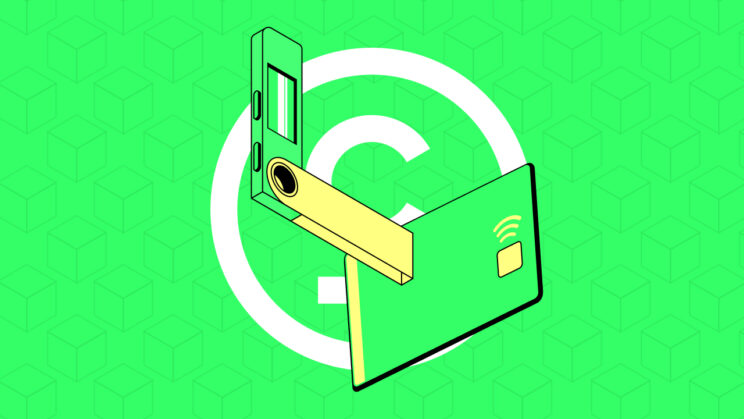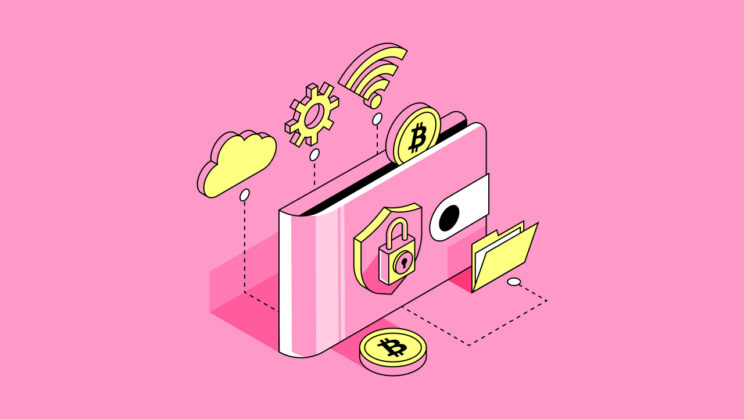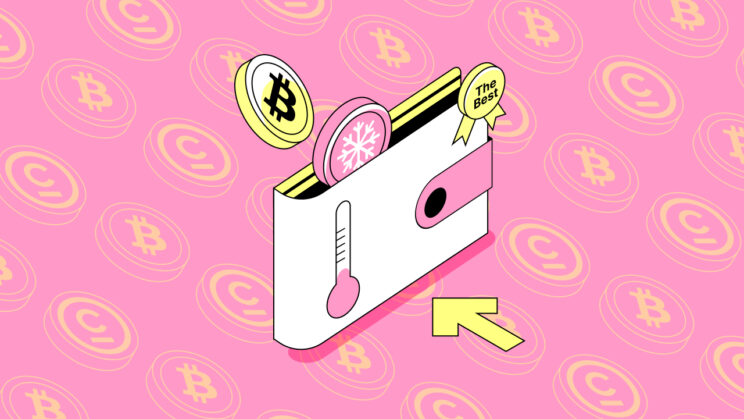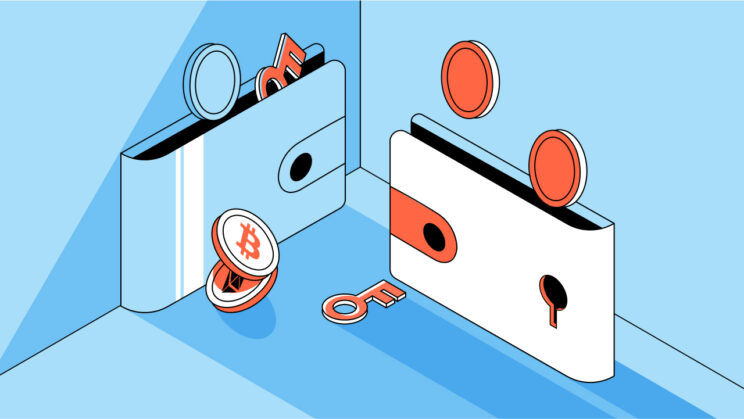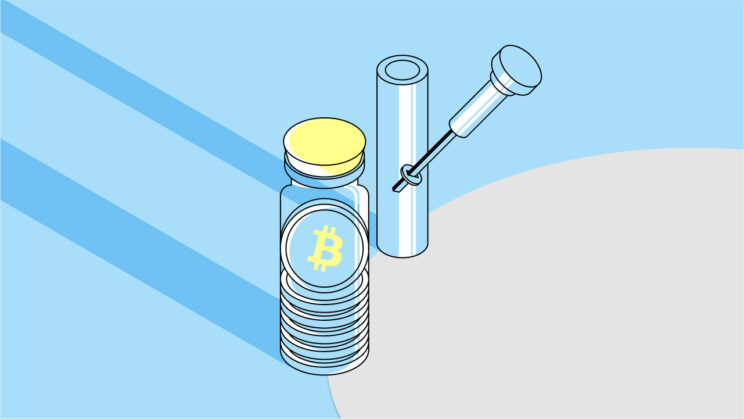A crypto app, also known as a cryptocurrency app, is a digital platform designed to facilitate a wide range of activities related to cryptocurrencies. It serves as a user-friendly software application that allows individuals to manage, store, purchase, sell, and trade cryptocurrencies using their smartphones, tablets, or computers.
Cryptocurrency exchanges are online platforms where individuals can buy and sell cryptocurrencies, such as Bitcoin, Ethereum, and others. These exchanges play a crucial role in facilitating the trading of cryptocurrencies for other assets, which can include fiat currencies (like US dollars, euros, etc.) as well as other digital currencies. Here’s an overview of what you’ve mentioned:
- Interest in Cryptocurrency: Cryptocurrency has attracted the attention of both beginners and experienced traders due to its volatile nature. However, it typically appeals more to risk-takers.
- Role of Crypto Exchanges: Crypto exchanges serve as intermediaries between buyers and sellers of cryptocurrencies. They make money by charging transaction fees and commissions for facilitating these trades.
- Centralized vs. Decentralized Exchanges: Centralized exchanges are usually operated by companies and are more widely accepted globally. They enable trading between fiat and cryptocurrencies. Decentralized exchanges, on the other hand, do not handle fiat currencies and are less common.
- How Crypto Exchanges Work: To use a crypto exchange, a user must create an account by providing basic information and completing a Know Your Customer (KYC) process, which includes document verification and biometric verification in some cases. Once the account is set up, the user can deposit funds using various methods like bank transfers, debit cards, credit cards, or UPI (Unified Payments Interface).
- Considerations Before Choosing an Exchange: Users should research the exchange’s history, credibility, transaction fees, and available features. They should also consider factors like the range of cryptocurrencies offered, security features (such as 2FA and encryption), availability (national or international), and the quality of customer service.
Centralized Crypto Exchanges
Centralized exchanges (CEX) operate under the oversight of a single corporate authority, often resembling traditional brokerage firms. They facilitate secure transactions and manage the exchange platform. This structure simplifies the onboarding process for users, allowing them to convert fiat currencies like dollars directly into cryptocurrencies. However, concerns arise within the crypto community regarding the centralized nature of these exchanges.
Critics argue that centralized exchanges contradict the decentralized principles of cryptocurrencies. Additionally, adherence to Know Your Customer (KYC) rules, requiring user identity disclosure, raises privacy concerns. Security is another focal point, as centralized exchanges pose a higher risk of hacking due to the storage of assets on the platform. To counteract this, these exchanges have enhanced security measures, such as storing customer assets offline and obtaining insurance coverage against potential hacks.
Users opting for the convenience of centralized exchanges can mitigate risks by transferring their cryptocurrencies to separate, off-exchange hot or cold wallets.
Decentralized Crypto Exchanges
In contrast, decentralized exchanges (DEX) distribute verification responsibilities to any willing participant in the network. Similar to blockchain principles, this decentralized model aims to enhance accountability, transparency, and the exchange’s resilience even in the absence of a controlling entity. However, decentralized exchanges come with their own set of challenges.
While promoting decentralization, DEXs are less user-friendly, both in terms of interface and currency conversion. They may not support direct conversion of fiat currencies to crypto, necessitating users to either already own cryptocurrencies or use centralized exchanges for the initial conversion. Additionally, engaging in peer-to-peer trades on DEXs may result in longer transaction times and potential price concessions due to lower liquidity.
Global Crypto Exchanges
The global crypto landscape boasts nearly 600 cryptocurrency exchanges, inviting investors to trade digital assets like Bitcoin and Ethereum. However, the quality, safety, and costs associated with these platforms vary widely. Forbes Digital Assets has compiled a ranking of the top 60 cryptocurrency exchanges worldwide, emphasizing regulatory compliance.
Crypto Exchange Fees
When engaging in crypto trading, users encounter two types of fees: trading fees and withdrawal fees.
Trading Fees: These fees can be a flat percentage of the crypto amount traded or vary based on whether the order is a maker or taker. Makers add liquidity to the exchange, while takers remove liquidity. Although some exchanges claim zero fees, they may charge a spread, potentially more expensive than percentage-based trading fees.
Withdrawal Fees: Many exchanges impose fees for withdrawing coins from their platform, varying by cryptocurrency. Some platforms, like Gemini, offer a certain number of fee-free withdrawals, catering to users who prefer moving their crypto to external wallets.
Other Fees: Advanced trading strategies, credit card purchases, and debit card transactions may incur additional fees. It’s crucial to consider these factors alongside overall fees and potential discounts for regular trading or holding the exchange’s native cryptocurrency.
Choosing a Cryptocurrency Exchange
Beyond fees, selecting the right exchange involves considering various factors:
Security: Given the susceptibility of exchanges to hacking, spreading crypto across multiple exchanges or using secure cold wallets is recommended.
Available Coins: Check the range of cryptocurrencies available on an exchange to align with your preferences.
Trading Volume: Ensure sufficient trading volume for your chosen coins to guarantee liquidity and avoid slippage.
Educational Resources: For beginners, opt for platforms with user-friendly interfaces and robust educational resources to navigate the complexities of the crypto market.
Accessibility: Verify if the exchange operates in your country or state, considering the evolving legal and tax landscape surrounding cryptocurrencies.
As the crypto space continues to evolve, understanding the nuances of exchanges is crucial for a seamless and secure trading experience.




